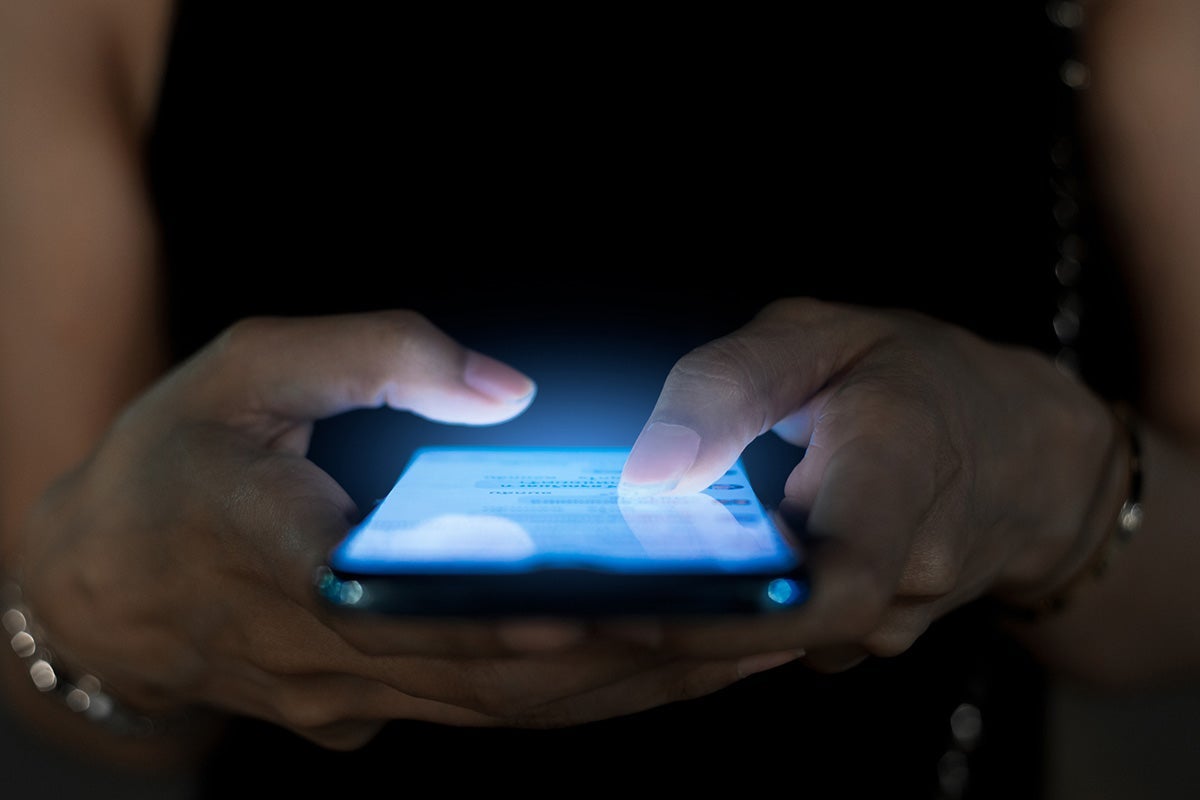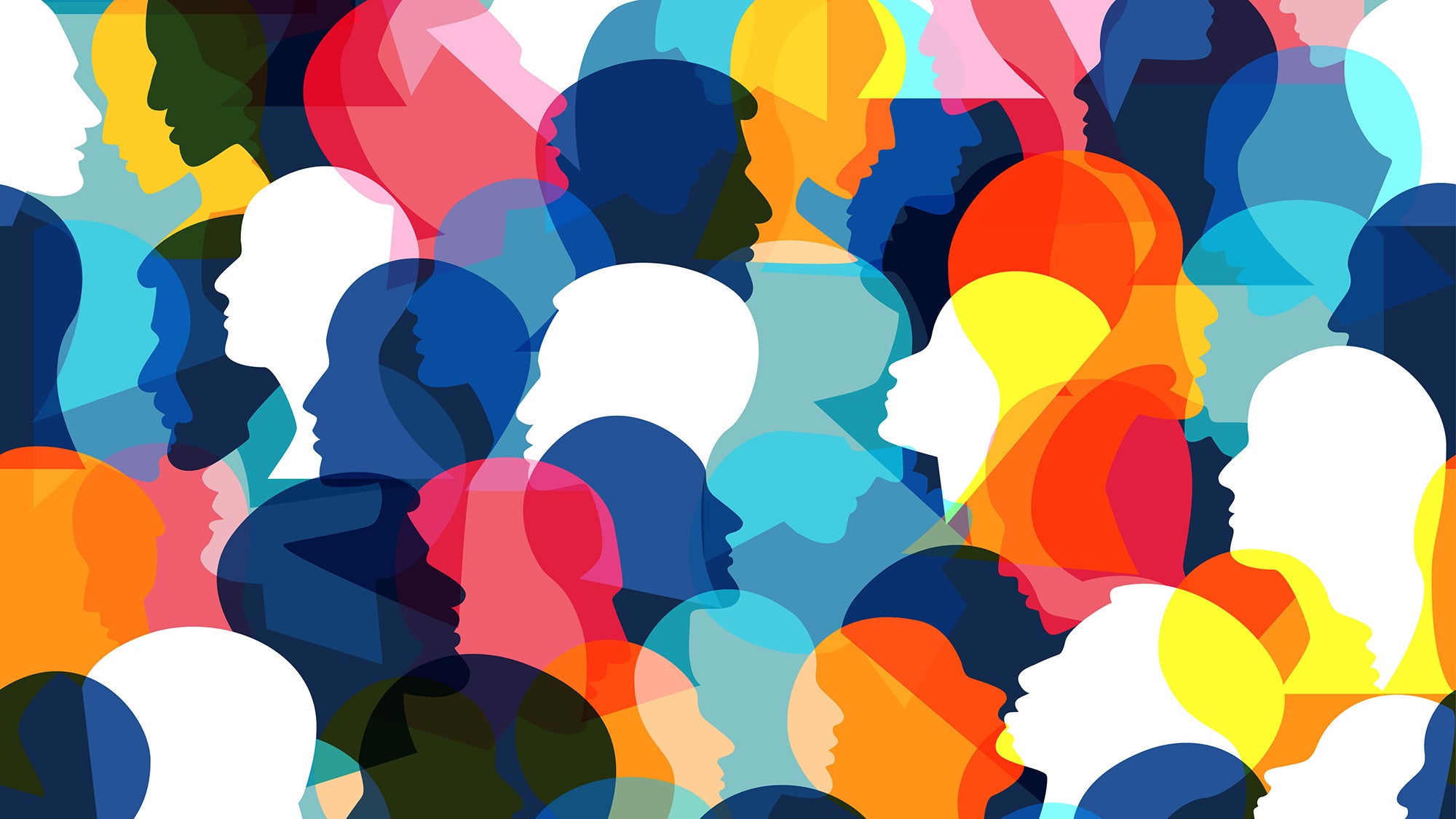Does social media influence vaccine rates? It’s complicated.

July 25, 2024 — Misleading social media posts have the potential to influence attitudes about vaccines—but exactly how and for whom needs to be better studied, according to a recent paper led by researchers from Harvard T.H. Chan School of Public Health.
Communication inequities and incomplete data hinder understanding of how exposure to social media affects vaccination rates, lead author K. “Vish” Viswanath, Lee Kum Kee Professor of Health Communication, and colleagues argue in a BMJ study published in June. Consequently, they write, there are significant limits to how well social media can be used for both understanding and influencing public discourse around vaccines.
The researchers note that while the existence of misinformation about vaccines on social media has been well-documented, the proportion of users exposed to such posts, and how often such exposure translates to behavior change, is unclear. In addition, studies of vaccine mis- and disinformation on social media tend to focus disproportionately on X (formerly Twitter) which has different practices and a different user base than other platforms.
Future studies and interventions need to take into consideration inequities in how users access and are able to process information, according to the study. The researchers’ recommendations include interviewing study participants about the other media sources they use, and looking at search trends to identify gaps in knowledge or false beliefs that are trending.
Read the BMJ study: Communication inequalities and incomplete data hinder understanding of how social media affect vaccine uptake
Photo: iStock/Urupong


